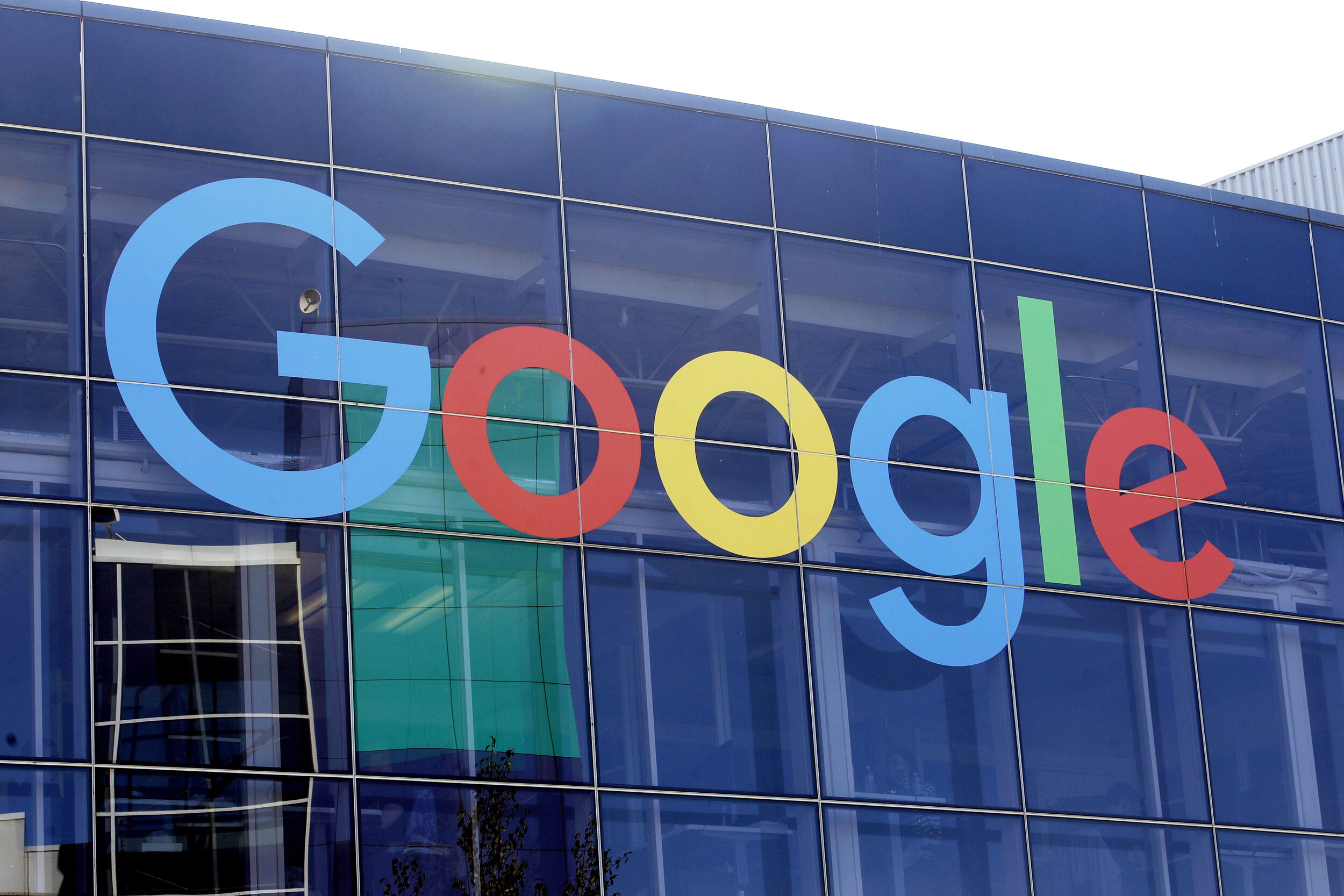Queens Chamber of Commerce urges lawmakers to squash antitrust bills
/The Queens Chamber of Commerce signed onto a letter urging the borough’s congressional delegation not to pass antitrust legislation. AP file photo by Jeff Chiu
By Jacob Kaye
The Queens Chamber of Commerce signed on to a letter last week urging Sen. Chuck Schumer and the New York congressional delegation to fight against the passage of antitrust legislation aimed at regulating tech giants.
Signed by the presidents of the chambers of commerce in each borough, the letter warns that the suite of bills would unfairly target startups and small businesses despite intending to better regulate companies like Google or Facebook.
“The package is incredibly far-reaching, as would be the consequences if enacted into law,” the letter reads. “From local entrepreneurs and small businesses who leverage online tools and systems, to the communities across New York City who have flourished following investments from our country’s largest and most innovative companies, there is cause for concern.”
As New York City recovers from the effects of the pandemic, Queens Chamber of Commerce President Tom Grech said the tech sector will have a big role to play and should be able to operate out from under the thumb of potentially harmful legislation.
“Now that we exit this pandemic, the worst social and economic crisis in our history, now is not the time to shackle companies with this kind of legislation,” Grech said. “Now was the time to encourage growth.”
During the pandemic, tech companies played a vital role in keeping smaller businesses afloat by bringing them to online consumers who were unable to visit in-person, Grech said.
“We saw all too well that there were some haves and some have nots [as a result of the digital divide],” he said. “But one thing that helped differentiate small businesses and allow them to operate was their ability to use digital technologies, whether it was SEO, point of sale, online menus, and so on.”
“I'm talking about small mom and pops and had little to no resources but were able to compete, and keep the restaurant open with takeout or even in-person because of the technology that was out there,” Grech added
At the heart of the chambers’ complaint is the Platform Competition and Opportunity Act, which was introduced by U.S Rep. Hakeem Jeffries, who represents parts of Queens and Brooklyn, in June.
The bill would ban larger tech companies from buying up smaller tech companies.
“If you talk to anybody in the entrepreneur space, most small startups always wish they could grow and get big, like a larger company, maybe a Facebook, maybe a Google, maybe a WeWork,” Grech said. “This bill will help stifle that type of thing where we want entrepreneurs, to go out there and live the American dream and build the biggest, best robust system, whatever it might be, that's out there and they want to have the opportunity to be able to build those things somewhat unfettered.”
However, supporters of antitrust legislation say preventing companies like Google or Facebook from gobbling up smaller companies when they grow too large will promote entrepreneurship in Queens, New York City and beyond.
“That bill is very limited, in terms of the banning or the limitation it creates – it creates it only around big tech, so it won't necessarily implicate many medium sized firms and it definitely doesn't implicate any type of private equity or any other types of investment funds,” said Shaoul Sussman, a legal fellow at the Institute for Local Self-Reliance.
“We just think that once those entities are taken out of the equation, it actually makes it more alluring and attractive to invest in new ventures,” he added. “As long as you're not really afraid that those ventures are going to get quashed ultimately, by those companies because you’ve entered into their kill zone.”
The legislation in Congress is among several efforts aimed at reeling in the companies at the top of the tech industry, who legislators feel are engaged in monopolistic practices.
In New York, Queens State Sen. Michael Gianaris introduced legislation that would allow the state to sue big tech companies that dominate 40 percent of the market. The bill, which passed in the Senate, stalled in Assembly in the final week of the legislative session last month.
The 21st Century Antitrust Act is likely to be reintroduced in the state legislature next year, according to Sussman. The bill had the support of New York-based tech companies including Yelp and Genius.
“This is gonna foster innovation and oxygenate these markets, in terms of allowing small startups and businesses to develop their products organically and scale them,” Sussman said.
Last month, Zephyr Teachout said the bill was a “major moment for small businesses and workers and the state of New York taking back power and giving tools to stop these abusive practices.”
Last week, President Joe Biden signed an executive order outlining his administration’s policy on enforcing antitrust laws, which he said need to be better enforced.
“The American information technology sector has long been an engine of innovation and growth, but today a small number of dominant Internet platforms use their power to exclude market entrants, to extract monopoly profits, and to gather intimate personal information that they can exploit for their own advantage,” the executive order read. “Too many small businesses across the economy depend on those platforms and a few online marketplaces for their survival.”
The Platform Competition and Opportunity Act is currently in the House Judiciary Committee.




